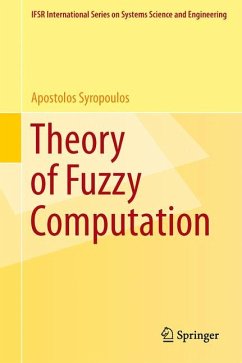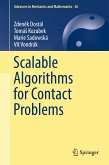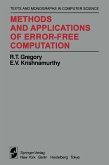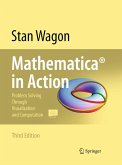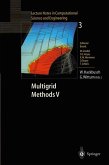This book provides the first full length exploration of fuzzy computability. It describes the notion of fuzziness and features the basic ideas of computability theory. It then presents the various approaches to fuzzy computability. This text provides a glimpse into the different approaches in this area, which is important for researchers in order to have a clear view of the field. It contains a detailed literature review and includes all proofs to make the presentation accessible. Ideas for future research and explorations are also provided. Students and researchers in computer science and mathematics will benefit from this work.
Dieser Download kann aus rechtlichen Gründen nur mit Rechnungsadresse in A, B, BG, CY, CZ, D, DK, EW, E, FIN, F, GR, HR, H, IRL, I, LT, L, LR, M, NL, PL, P, R, S, SLO, SK ausgeliefert werden.
Hinweis: Dieser Artikel kann nur an eine deutsche Lieferadresse ausgeliefert werden.

